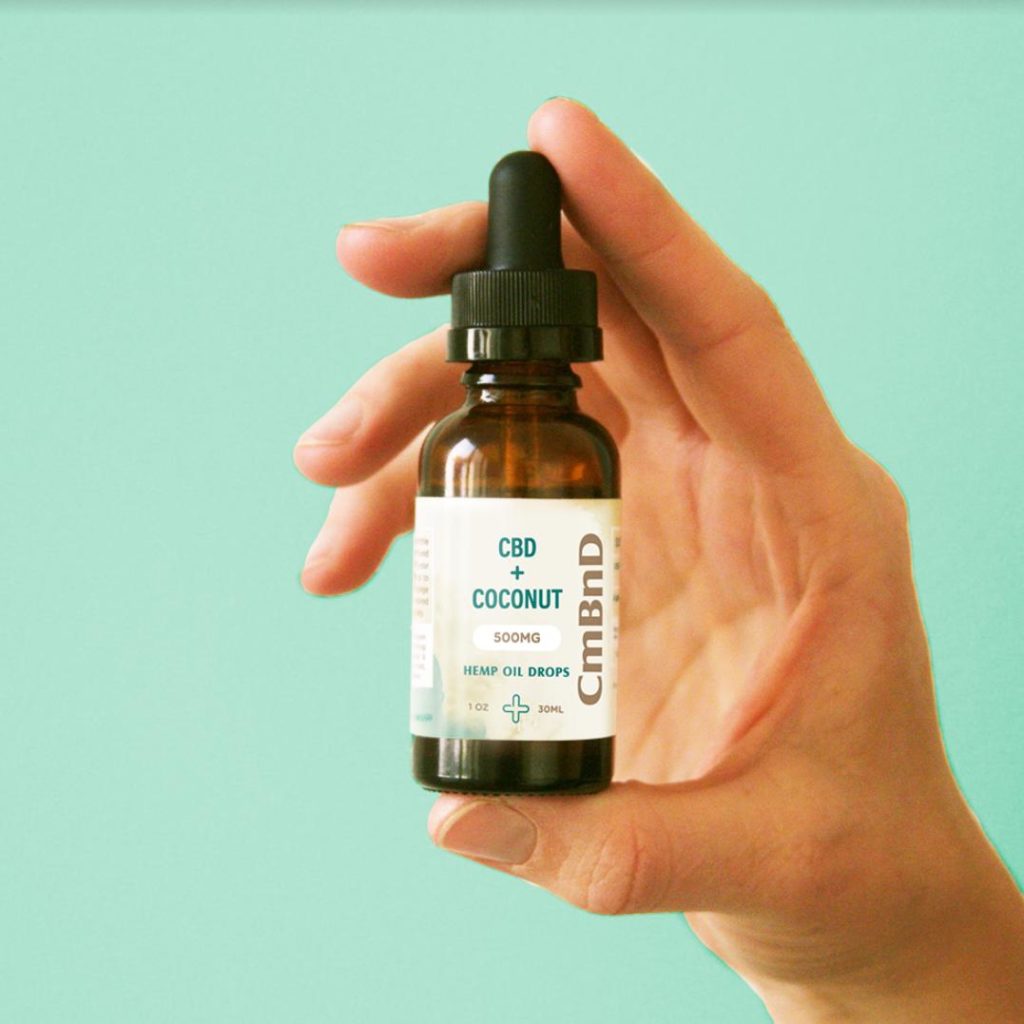Advertising Hemp CBD with Google Ads

Thanks to its recent growth in popularity, the CBD industry has become an attraction for entrepreneurs looking to start a business. The industry offers immense opportunities, as the niche is quite broad, and it’s possible for many brands to get a piece of the $16 billion market. Though, to even get your feet off the ground, you will need to find an audience for your brand through proper advertising channels.
When it comes to marketing, most businesses rely on online advertising to secure leads and keep operating, and with the competition in the hemp CBD niche, it’s no different. This includes platforms such as Facebook, Instagram, and most notably Google, but sadly, there are some roadblocks you will run into.
Google Ads as the leading advertising platform
Google Ads holds the biggest market share when it comes to online advertising, and it’s important to note that the platform has various restrictions and regulations when it comes to the content you may advertise on it. According to an excerpt from Google’s policy page, advertising dangerous products or services – recreational drugs (both chemical and herbal), substances, and tobacco products are forbidden.
Generally, hemp CBD falls under this category. You may wonder why that is, as after all hemp CBD products are federally legal and easily obtainable. A handful of states in the US still have restrictions on acquiring hemp CBD, like requiring a prescription from a licensed medical professional, but it’s not considered a drug generally.
Why is Google so strict about hemp CBD?
Cannabidiol is extracted from the cannabis plant, and cannabis remains federally illegal, and advertising laws of the US play an important role as well.
If you’ve already tried to run an ad campaign for your hemp CBD oil, you were probably rejected pretty quickly. It’s extremely easy to fail the first time, as we have seen from our own experience. The ad copies are scanned with strict algorithms that usually flag the copies as soon as certain cannabis-related keywords show up. As mentioned above, this is because of their no-drug policy.
How to stay safe when advertising
It’s essential to be cautious with the health-related claims your campaign makes. The Federal Trade Commission, and the Food and Drug Administration to some extent as well, will not approve of advertising direct health benefits without scientific evidence to support your claims.
This doesn’t mean you shouldn’t promote your product as one that helps patients with chronic pain relax, or sleep better, for example. Just stay away from exaggerated claims that aren’t related to conditions hemp CBD is meant to be taken for, as prescribed by doctors. Using common sense and honesty will be more than sufficient.
So, how should I test my first campaign?
Your primary goal should be learning the ropes at first and getting to know how to avoid violating any Google Ads regulations in your niche. Here is a brief rundown of how to conduct a safe test, though achieving profitable results can be costly and take a lot of testing, especially if you don’t have previous experience. Optimizing your campaign is an entirely different skillset, so we will leave that out for now.
To get started, you will want to create a brand new Google AdWords accounts specifically for advertising your CBD products. This is to ensure that if any problems are found with your account (due to Google ad algorithms), your main account remains safe and operational.
Then, you will want to set your Paid Search Ads campaign budget to an amount you usually would with such a campaign. Also, adjust the location accordingly, but make sure to follow both Google’s policies and local laws of your local area.
Pay special attention to the keywords you select. Focus keywords should generally include ‘hemp’, and under no circumstances, things like ‘weed’ or ‘cannabis’.
As for writing the ad itself, we recommend not directly promoting the features of the product, but hinting at why they’re good. The landing page also needs to comply with Google’s policies as well. We recommend an informative landing page rather than a hard-selling one.
Best of luck, and let us know if you need any assistance.

Recent Comments